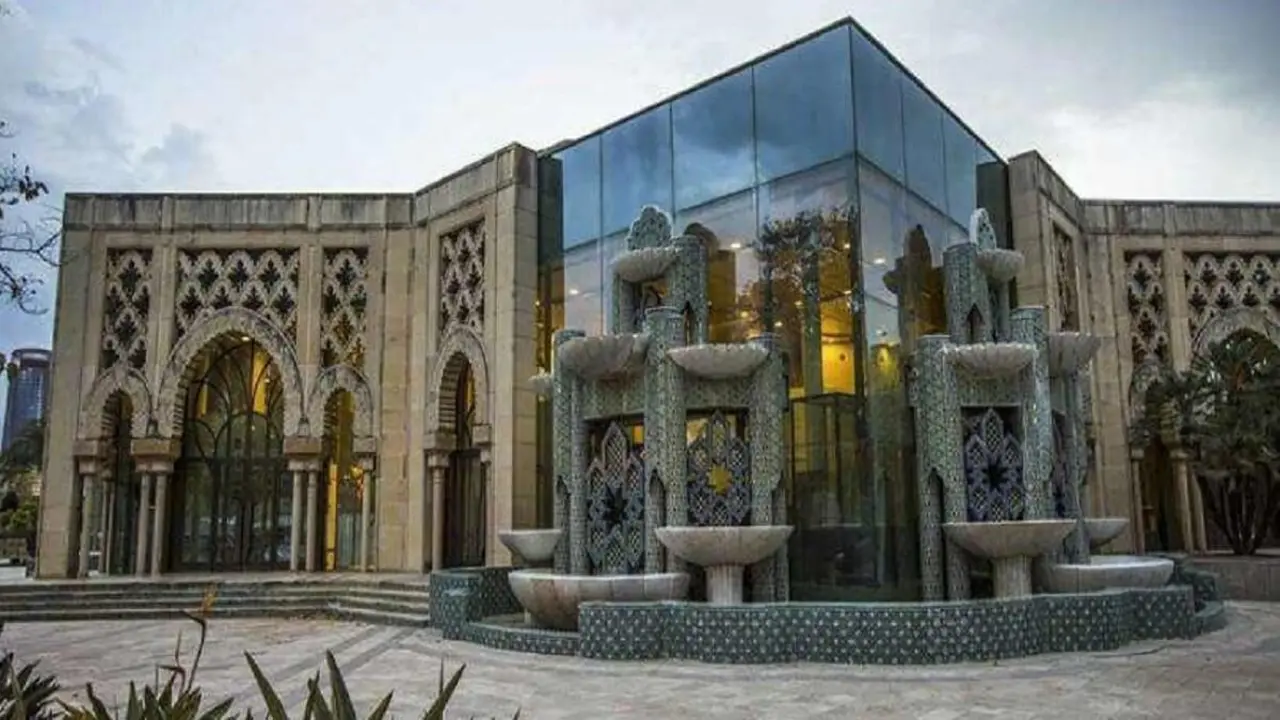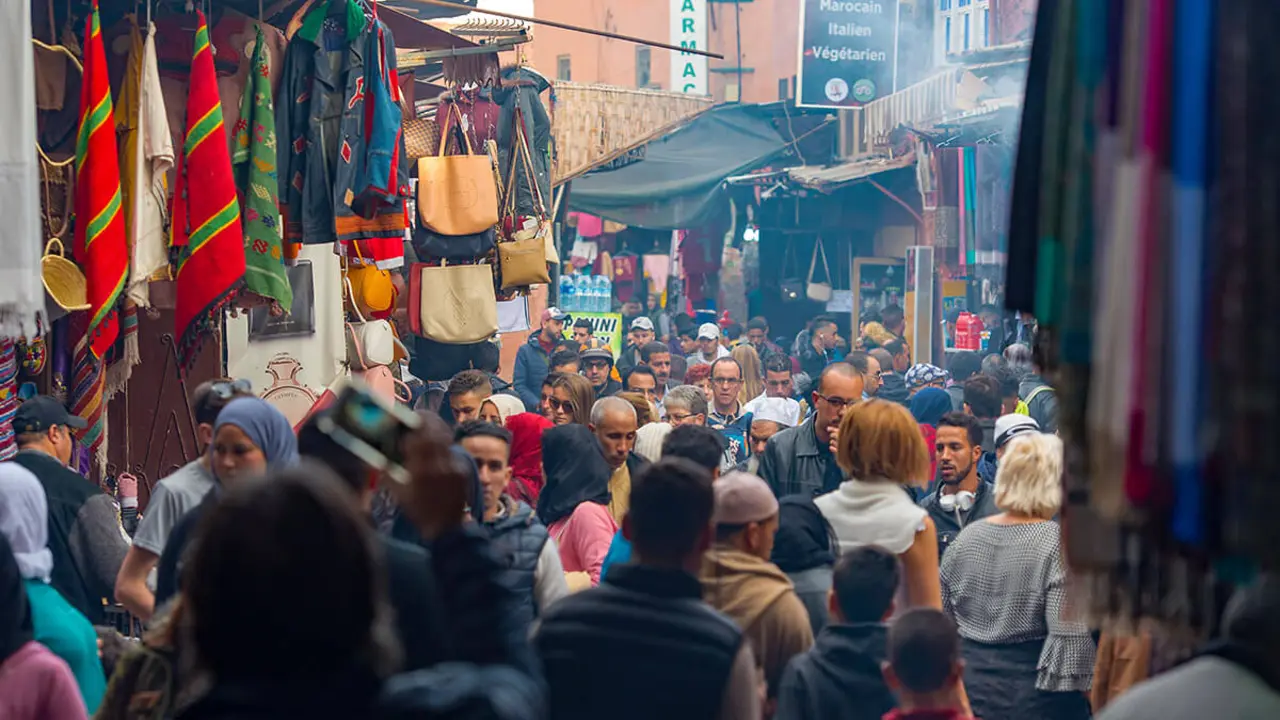Turkey, in the eye of the storm, facing a new wave of contagion
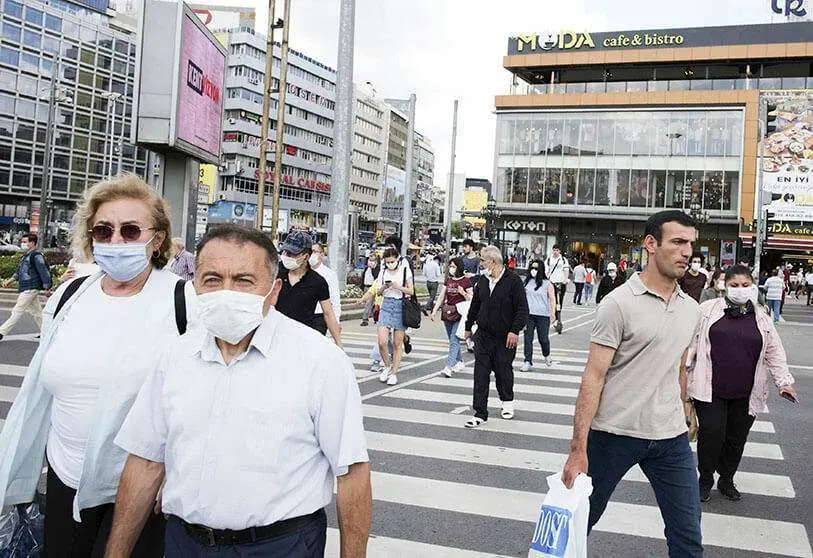
"Solidarity is not an act of charity, but a mutual aid between forces fighting for the same goal". These were the words used by Samora Machel, President of Mozambique between 1975 and 1986, without being aware that several decades later this concept was going to become the essence of the year 2020. The lack of solidarity, commitment and social responsibility has brought Turkey to the brink of the abyss, according to the Minister of the Interior, Fahrettin Koca, who warned on Wednesday that the country on the Bosphorus "is experiencing the second peak of the first wave of the new coronavirus".
In this spiral of instability, the Turkish minister has announced new restrictions on weddings and other social gatherings, given the increase in contagion and deaths caused by COVID-19. Fahrettin Koca has blamed this increase in cases on "negligence" at weddings and other social events, according to local media reports, which have explained that a total of 29,865 people have contracted the virus as a result, and 52 of them have lost their lives. "We are going through the second peak of the first wave of coronavirus. Neglect at weddings and religious festivals has brought us to this point," he stressed during his speech.
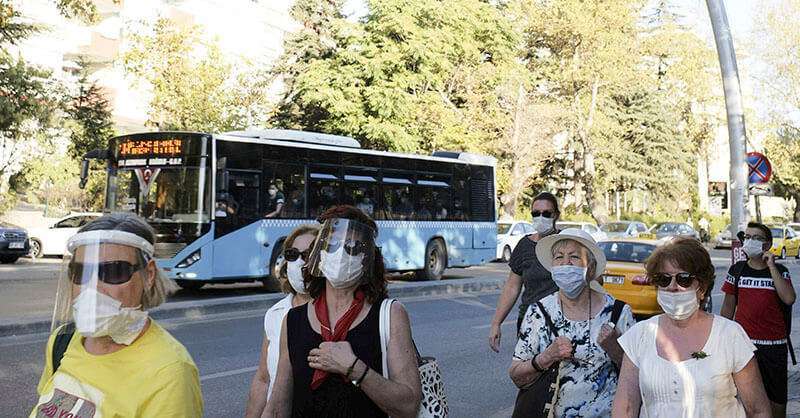
Following Koca's statements, the Turkish government has announced new restrictions on these types of social events, limiting their duration to one hour and prohibiting the attendance of elderly people or children. "The virus is spreading to more people every day. The number of our tests is increasing every day, while the number of new patients is not decreasing," he lamented.
The Anadolu news agency has registered up to 1,596 more cases of COVID-19 in the country during the last 24 hours, bringing the total count to 273,301. The positive note to this situation is given by the 947 patients who have managed to recover during the last day, bringing the total number of recoveries to 246,876. For its part, the number of deaths has increased to 6,462.
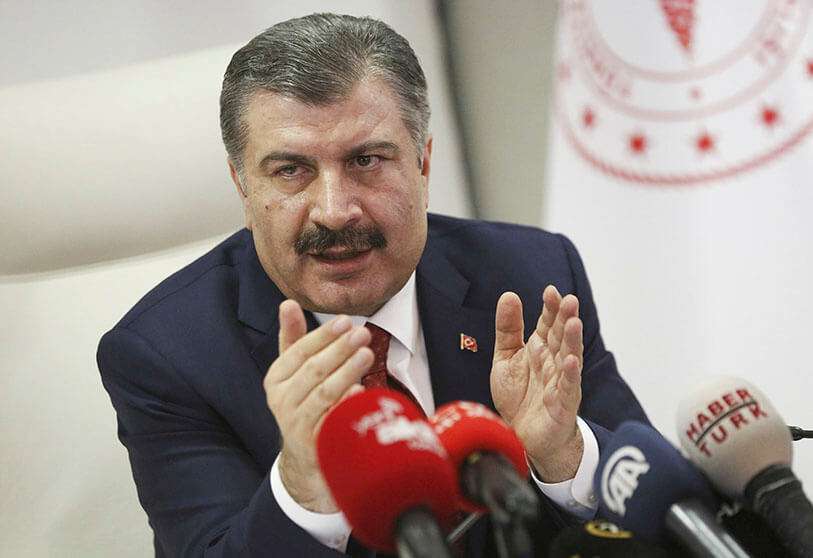
The total number of cases in Turkey's capital, Ankara, is twice the number of cases in Istanbul, the health minister said. During his speech he stressed that "no one in the country had contracted the virus twice, but that does not mean it will never happen". COVID-19 continues to spread around the world and has already infected nearly 26 million people, while the global death toll stands at over 863,000.
Turkey reopened the economy mostly in the beginning of June. Since then the number of cases has grown to reach its highest level since May, when blockades were established in the country. The Turkish Medical Association sounded the alarm a month ago when it warned that, according to antibody tests, there are about 10 times as many active coronavirus patients as the official count suggests.
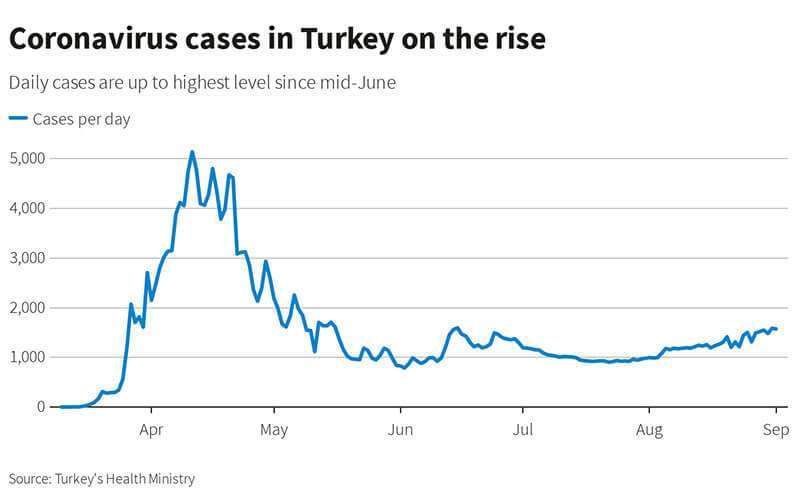
Beyond the coronavirus, the Turkish executive continues to pursue its ambitions in Libya and the Eastern Mediterranean. The country headed by Recep Tayyip Erdogan accused France and Greece on Thursday of acting like "thugs" by sending warships to Cyprus. The Turkish Defence Minister also advised the French country not to play the hero in the waters of the Eastern Mediterranean. "Greece and Turkey... There is a bullyism there that is difficult to understand. France, for example, is not a guarantor country (of the 1960 Cyprus agreements), there is no treaty, you do not represent the European Union, what right do you have to come here? "There are those who come from thousands of miles away to play the bully, talk about rights and play the guardian angel. That is not acceptable. They come, but they will leave as they have come," he added.
Furthermore, Ankara has continued to step up its presence in Libya with the signing of an economic agreement between the two countries' central banks. "The banks will carry out activities to promote bilateral economic relations and strengthen financial cooperation and joint work in central banking services between the two countries," stressed a statement issued by the Turkish institution. Turkey's interference in the North African nation has been criticised by the international community, which considers that its presence in Libya may pose a threat to the stability of the region.




